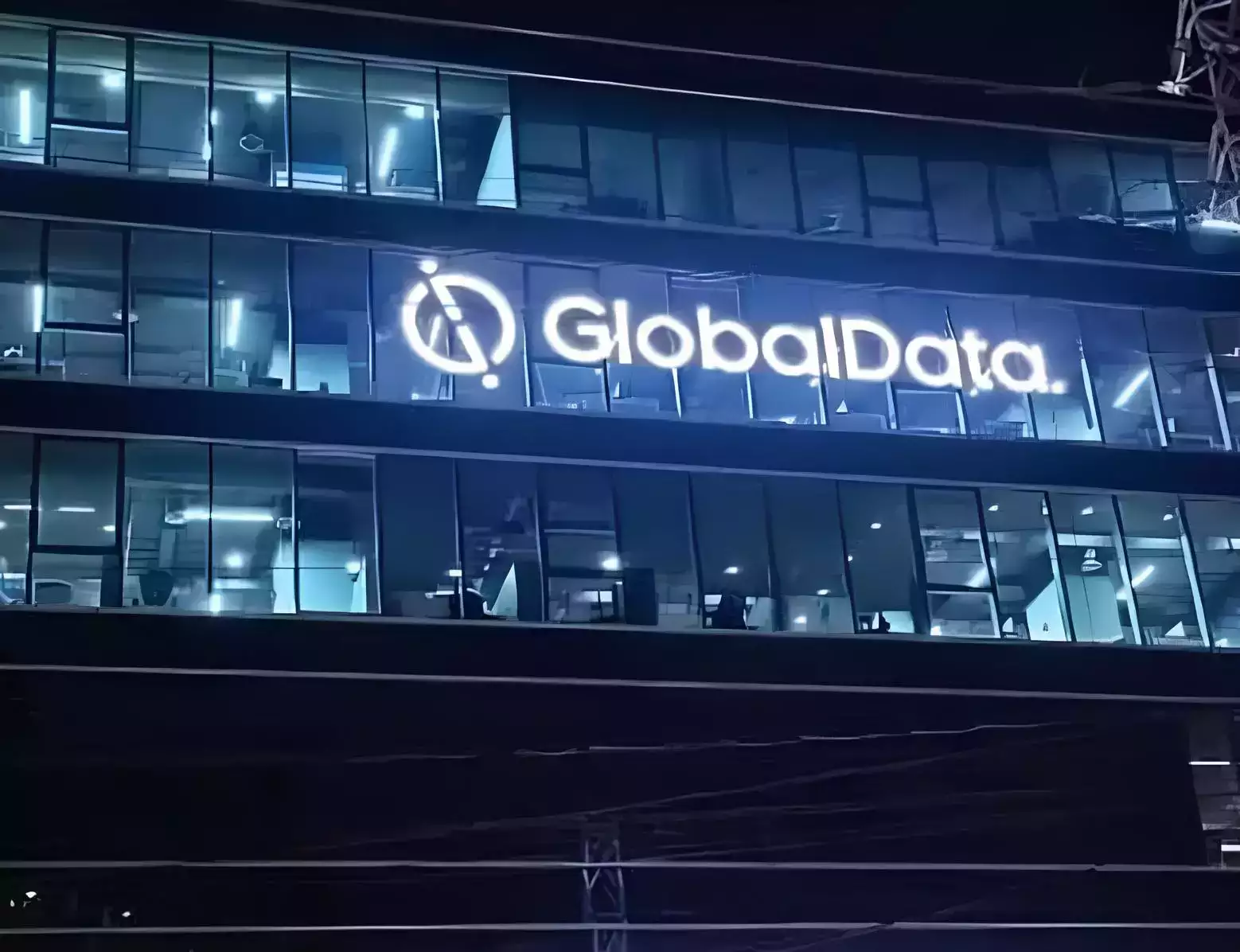
However, the growth of electric vehicles (EVs) is significantly reducing the demand for ICE engine vehicle cars, therefore turbocharger demand. Against this backdrop, the market for turbochargers is expected to post a negative compound annual growth rate (CAGR) of 2% in the Asia-Pacific (APAC) region during 2023-28, according to GlobalData, a leading data and analytics firm.
GlobalData’s latest report, ‘Global Sector Overview & Forecast: Turbochargers - March 2024’, reveals that the turbochargers market in APAC is estimated to reach 42.1 million units in 2023 and is forecast to decline to 38.1 million units by 2028.
Madhuchhanda Palit, Automotive Analyst at GlobalData, said,“Turbocharged engines have demonstrated their ability to produce emission-efficient outcomes and are currently in high demand from both the passenger and commercial vehicle segments. The introduction of stringent emission regulations in the APAC region, such as Bharat Stage VI or BS6 norms, has made it necessary for petrol vehicles to comply with limits for Particulate Matter (PM) at 4.5mg/km and for nitrogen oxide (NOx) at 60mg. The limits are significantly lower compared to those set by BS4 norms. As a result, the demand for turbochargers has risen to meet the stringent standards.”
Additionally, turbochargers allow for engine downsizing while maintaining performance, indirectly reducing fuel consumption. Although turbochargers are in high demand, they still suffer from issues such as turbo lag that manufacturers are actively addressing. Manufacturers are exploring new technologies, such as electric turbochargers and twinchargers that combine superchargers and turbochargers, to overcome these problems.
“However, as the adoption of EVs increases, the market for turbochargers in APAC is expected to decline. The global EV market has recorded a volume of 26.8 million units in 2023, and this number is projected to reach 53.9 million units by 2028, with a CAGR of 15.0%. The rapid growth of EVs and the consequent decrease in demand for ICE vehicles are expected to negatively impact the turbocharger market,” Palit concluded.
Disclaimer: The copyright of this article belongs to the original author. Reposting this article is solely for the purpose of information dissemination and does not constitute any investment advice. If there is any infringement, please contact us immediately. We will make corrections or deletions as necessary. Thank you.





